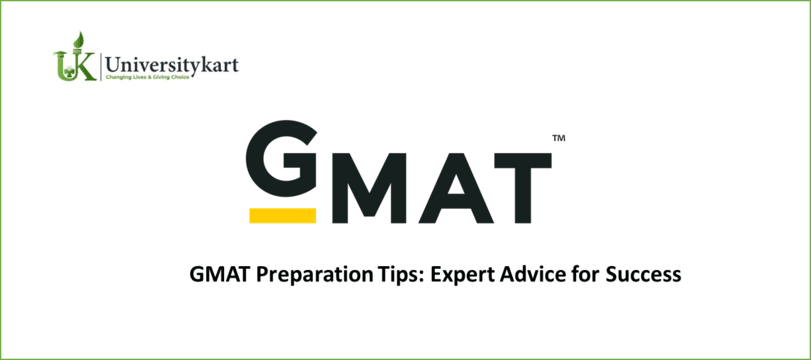
If you are an MBA aspirant who has decided to take the GMAT exam but has no idea how to prepare for the GMAT Focus then GMAT is one of the most important parts of your MBA application, and a strong GMAT score helps you stand out in your admission process and even secure scholarships. Preparation is key to a successful GMAT™ exam and good preparation starts with a solid study plan. As you’re researching business school admissions requirements and mapping out your application plans, one of the most important things you’ll need to account for is studying for the GMAT™ exam. With a strong GMAT score, you’ll stand out in the admissions process and may even qualify for scholarship opportunities to help you cover the cost of your degree.
GMAT full form is the Graduate Management Admission Test, which is required for MBA and other postgraduate business level courses admissions abroad. GMAT is conducted by GMAC across all major countries, almost 100+ for those aspiring for PG business courses. Applicants can register all year long for the GMAT and appear for it based on the availability of the GMAT exam centre.
Step 1: Familiarize yourself with the format and content
GMAT Focus Edition: The GMAT Focus Edition 2024 is a 2-hour 15-minute long adaptive test that is used to assess your quantitative, verbal, and data insight skills. Each test taker is given a score between 205 to 805. This test consists of three sections. The details about the duration of each section, the number of questions, and the question types are as follows
|
GMAT Focus Edition Sections |
No. of Questions |
Question Types |
Duration |
|
Quantitative Reasoning |
21 multiple choice |
Problem Solving, Algebra and Arithmetic |
45 minutes |
|
Verbal Reasoning |
23 multiple choice |
Reading Comprehension, Critical Reasoning |
45 minutes |
|
Data Insights |
20 multiple choice |
Data Sufficiency, Multi-source Reasoning, Table Analysis, Graphics Interpretation, Two-Part Analysis |
45 minutes |
Step 2: Create a study plan
The first step in your GMAT preparation must be creating a personalized study plan that suits your needs. Here are the steps to create a personalized study plan:
|
Decide your target score |
Take a mock test to understand your baseline scores |
Decide whether your approach should be Verbal driven, Quant driven, or DI-driven |
|
Estimate the amount of time you need |
Create the sequence of study |
Block the time to take mocks |
Step 3: Using the right resources and executing the plan
Before we get into how to select the right resources for your study, let us first understand the different steps of studying for the GMAT exam. At e-GMAT, we believe in a 3-stage learning process that has proven useful for thousands of students who got a 700+ (GFE Equivalent 645+) score:
Stage 1: Learning Concepts and Methodologies
Stage 2: Cementing
Stage 3: Test Readiness
Step 4: Managing GMAT anxiety
It is natural to feel anxious about taking the GMAT exam, given that the stakes are so high and that your GMAT score plays a huge role in deciding your career trajectory and your earning potential in the years to come. While you prepare for all the other aspects of the exam, ensure that you prepare yourself mentally to handle the stress and the test day nerves too, so that you do not get overwhelmed.
GMAT 2024: Key Highlights
|
Exam Name |
GMAT Focus Edition |
|
Conducted by |
GMAC |
|
Official Website |
|
|
Popularly Given for |
MBA or PG Business Courses |
|
Accepted in |
India & Abroad |
|
Types of Questions |
All MCQ-based |
|
GMAT Exam Fee |
USD 300 (online) and USD 275 (at a test centre) + taxes |
|
Sections of Testing |
3 |
|
Scoring Scale |
205 - 805 |
|
Overall Duration of Exam |
150 minutes |
|
Sectional Duration |
45 minutes per section |
|
GMAT Contact |
Phone: +91 120-439-7830, 9 a.m. to 6 p.m. Indian Standard Time |
GMAT Official Guide
Every year, GMAC releases an edited version of the GMAT official guide for the aspirants. GMAT's official guide retained all questions from previous years and added a few more new questions for practice.
- For the GMAT Quant section, there are 262 questions and 32 new questions are added.
- For the Data Sufficiency section, there are 502 questions where 10 new questions are added.
- 163 Flashcards. For the GMAT Quant section, there are 262 questions and 32 new questions are added.
- For GMAT Verbal there are 50 new questions added where 31 and 19 new questions are in GMAT Sentence Correction and Critical Reasoning respectively added.
Steps to effectively prepare for the GMAT:
1. Understand the Test Format
- Sections: The GMAT consists of four sections:
- Analytical Writing Assessment (AWA)
- Integrated Reasoning (IR)
- Quantitative Reasoning (Quant)
- Verbal Reasoning (Verbal)
- Timing: The total test time is approximately 3.5 hours, including optional breaks.
2. Set a Target Score
- Research Programs: Determine the GMAT score range required by the business schools you are interested in.
- Personal Goals: Set a realistic target score based on your initial practice test performance and desired program requirements.
3. Create a Study Plan
- Timeline: Allocate 2-3 months of study time, depending on your familiarity with the test material and your target score.
- Daily/Weekly Schedule: Plan consistent study sessions, aiming for 1-2 hours per day and more intensive study sessions on weekends.
4. Gather Study Materials
- Official Guides: Start with the GMAT Official Guide and additional official practice questions from GMAC.
- Prep Books: Consider supplementary books from reputable publishers like Manhattan Prep, Kaplan, or Princeton Review.
- Online Resources: Utilize online platforms like Magoosh, GMAT Club, and forums for additional practice questions and study tips.
5. Diagnostic Test
- Initial Assessment: Take a full-length practice test to assess your current level and identify strengths and weaknesses.
- Review Results: Analyze the results to understand which sections need the most improvement.
6. Focus on Core Areas
Quantitative Reasoning
- Topics: Focus on arithmetic, algebra, geometry, and word problems.
- Practice: Solve a variety of practice problems and timed quizzes.
- Concept Review: Review key concepts and formulas regularly.
Verbal Reasoning
- Sections: Practice critical reasoning, sentence correction, and reading comprehension.
- Reading: Improve comprehension skills by reading complex texts, such as articles from The Economist, scientific journals, and business publications.
- Grammar: Brush up on grammar rules and sentence structure for sentence correction.
Integrated Reasoning
- Data Interpretation: Practice interpreting data from multiple sources such as graphs, charts, and tables.
- Practice Sets: Use IR practice sets to familiarize yourself with the question types.
Analytical Writing Assessment
- Essay Practice: Write practice essays and seek feedback to improve structure, argumentation, and clarity.
- Templates: Develop a template for structuring your essays, including an introduction, body paragraphs, and conclusion.
7. Practice Regularly
- Timed Practice: Simulate test conditions by practicing with timed sections to improve speed and accuracy.
- Review Mistakes: Thoroughly review incorrect answers to understand mistakes and learn from them.
8. Take Full-Length Practice Tests
- Regular Testing: Take full-length practice tests periodically to track progress and adjust your study plan.
- Test Environment: Replicate the test environment to build stamina and get accustomed to the test format.
9. Analyze Performance
- Score Analysis: After each practice test, analyze your scores to identify persistent weaknesses.
- Adjustment: Modify your study plan based on the analysis, focusing more on areas that need improvement.
10. Final Preparation
- Review: In the final weeks, review all core concepts, practice high-yield problems, and take a few more full-length practice tests.
- Rest: Ensure you get adequate rest, especially in the days leading up to the test.
11. Test Day Tips
- Preparation: Ensure you have all necessary documents, such as your ID and test confirmation.
- Rest and Nutrition: Get a good night’s sleep before the test and eat a healthy meal.
- Stay Calm: Manage stress with deep breathing techniques and stay positive throughout the test.
Frequently Asked Questions
Ques: What is the GMAT exam, and why is it important for MBA aspirants?
Ans: The GMAT (Graduate Management Admission Test) is a standardized test used for admissions to MBA and other graduate management programs worldwide. It assesses analytical writing, quantitative, verbal, and integrated reasoning skills. A strong GMAT score is crucial for admission to top business schools and can also influence scholarship opportunities.
Ques: How should I prepare for the GMAT exam?
Ans: Effective GMAT preparation involves creating a personalized study plan, understanding the exam format, practicing with official GMAT materials, and taking mock tests to assess progress. It's essential to focus on both content review and test-taking strategies to achieve your target score.
Ques: What is the format of the GMAT exam?
Ans: The GMAT consists of four sections: Analytical Writing Assessment (AWA), Integrated Reasoning (IR), Quantitative Reasoning (Quant), and Verbal Reasoning (Verbal). The test is computer-adaptive, meaning question difficulty adjusts based on your responses.
Ques: How long is the GMAT exam, and how is it scored?
Ans: The GMAT exam lasts approximately 3.5 hours, including breaks. Scores range from 200 to 800, with separate scores for each section. The Quantitative and Verbal sections each receive a score from 0 to 60, while the IR section ranges from 1 to 8, and the AWA is scored separately on a scale of 0 to 6.
Ques: When should I start preparing for the GMAT exam?
Ans: Ideally, start preparing for the GMAT several months before your planned test date. This allows ample time for content review, practice tests, and improving weak areas. The exact preparation duration depends on your familiarity with the test content and your target score.
Ques: What resources should I use for GMAT preparation?
Ans: Utilize official GMAT study materials such as the GMAT Official Guide, GMATPrep software, and additional practice tests. Supplement these with reputable prep books, online courses, and study forums for comprehensive preparation.
Related News
View AllRelated Articles
View AllTrending Articles
View AllTrending News
View All-
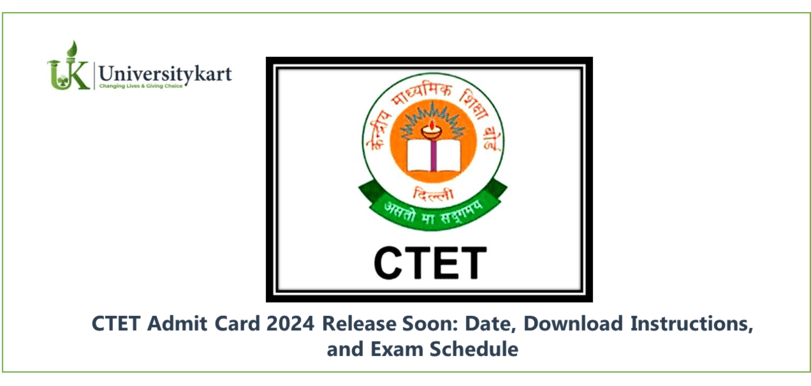
CTET Admit Card 2024 Release Soon: Date, Download Instructions, and Exam Schedule
Jul, 03, 2024 Read More -
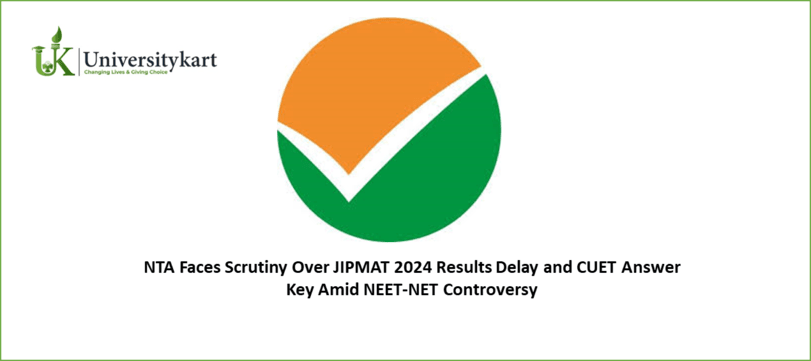
NTA Faces Scrutiny Over JIPMAT 2024 Results Delay and CUET Answer Key Amid NEET-NET Controversy
Jul, 03, 2024 Read More -

BITS Pilani and Mercedes-Benz R&D Partner for Advanced Tech Research in India
Jul, 03, 2024 Read More








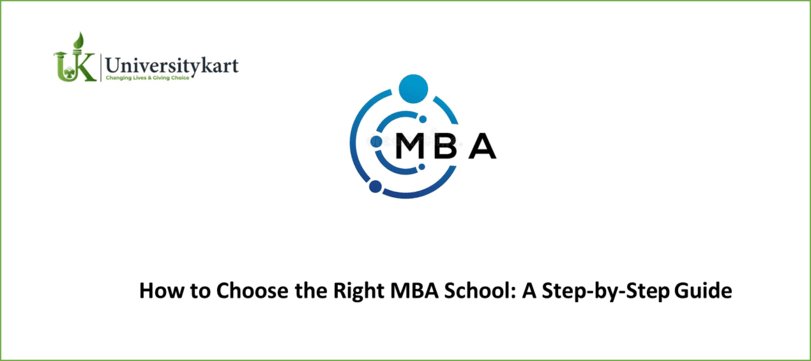
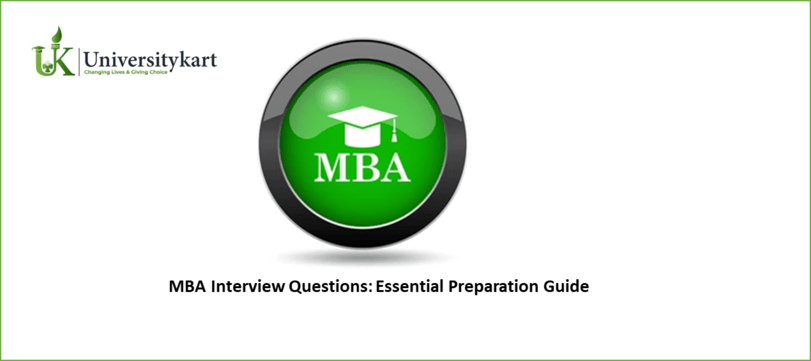
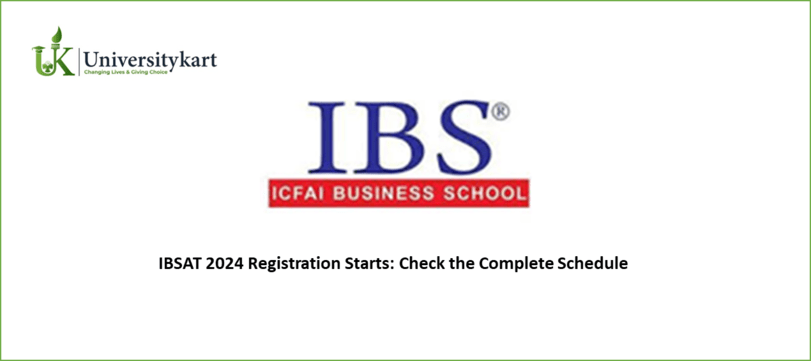
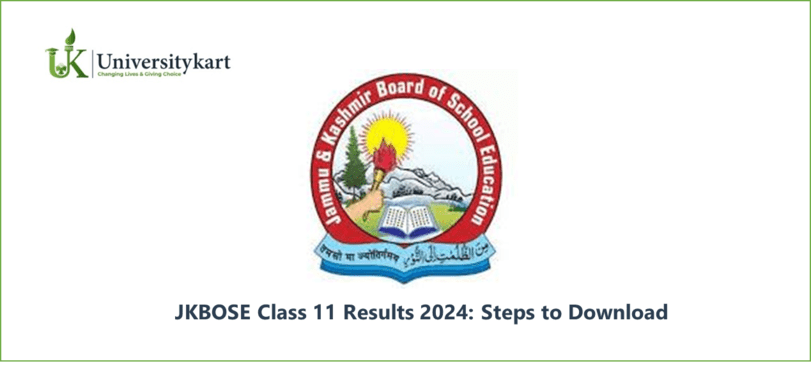
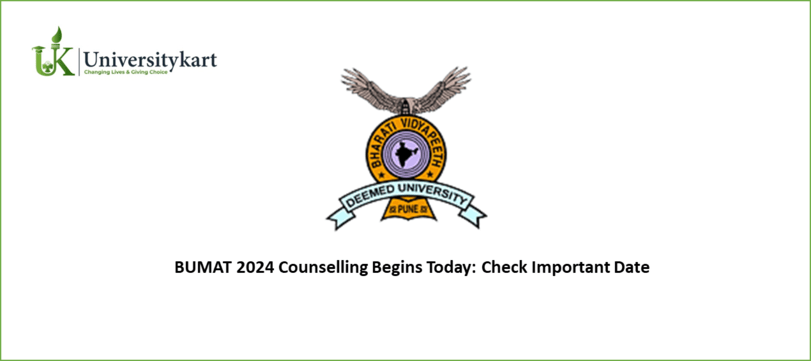
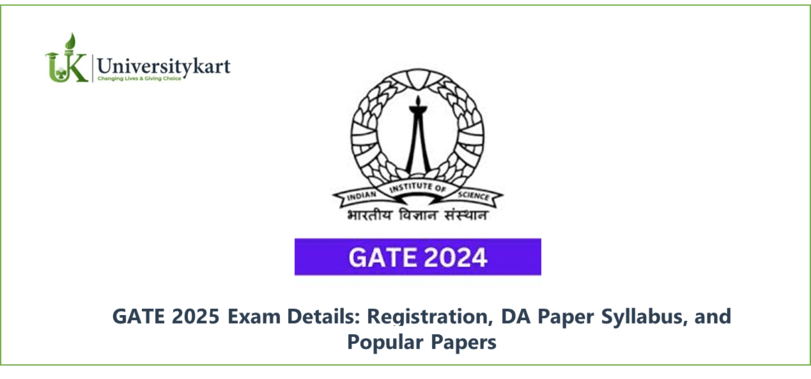

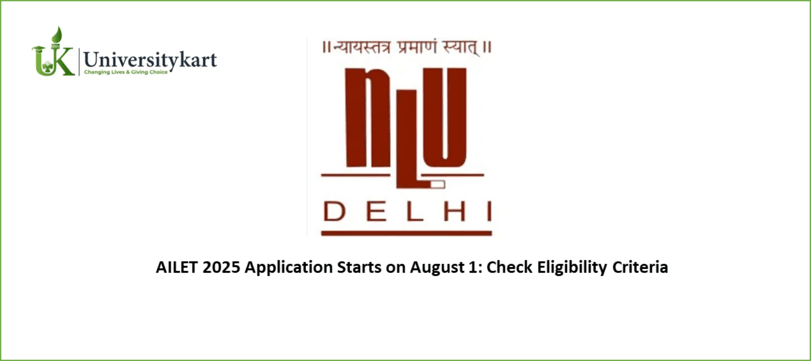


 back
back

